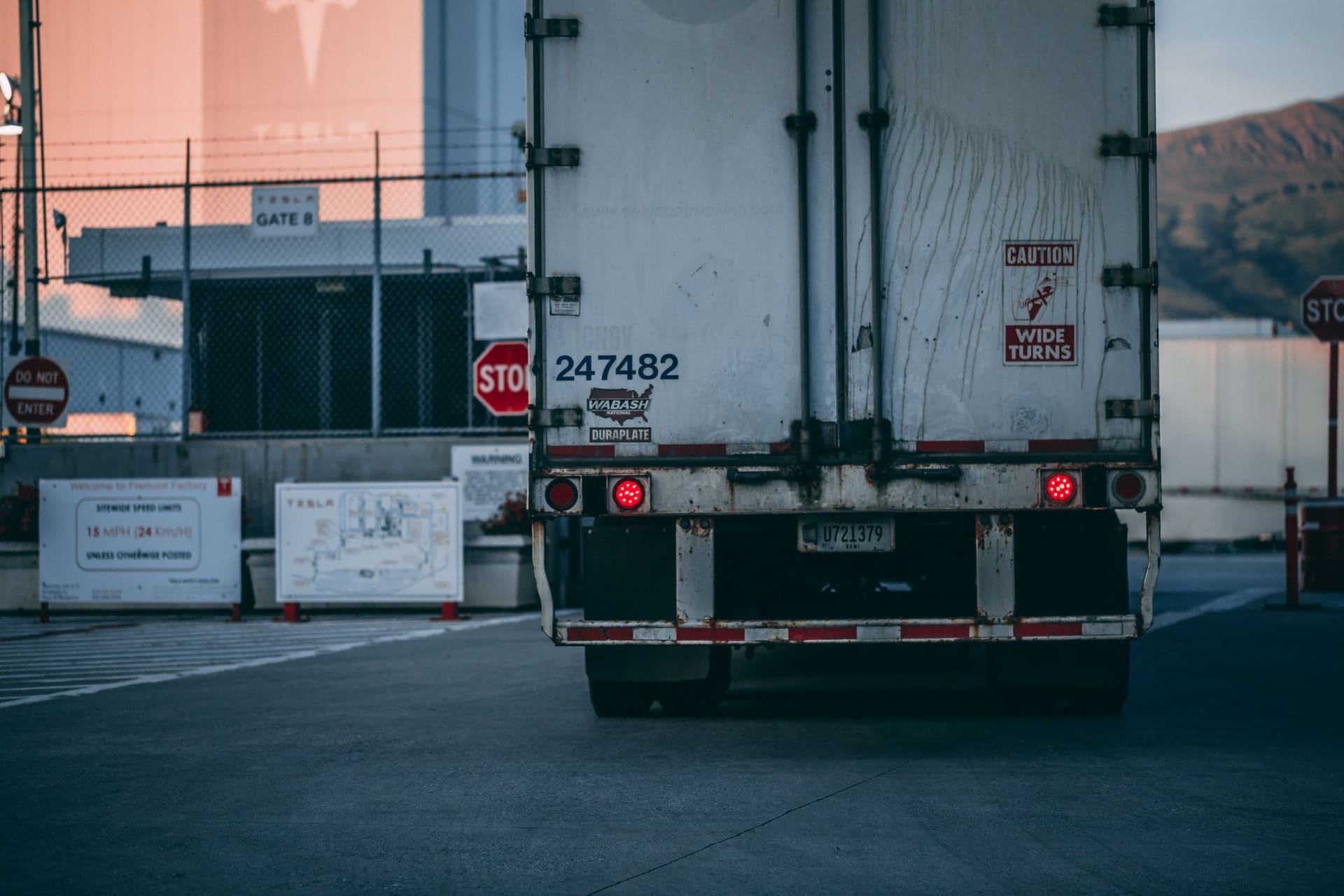A couple of months ago, the British International Freight Association (BIFA) reported concerning new trends in cargo theft. Throughout the Covid-19 pandemic, a global increase in freight theft took place. And although figures suggest that robberies began to fall in the first quarter of 2021, with continued pandemic disruption, the UK driver shortage, and the likely influx of new drivers this will produce, there is increased potential for unlawful activity. But you still need to send freight from A to B. So, what can you do to limit the possibility that you will be affected by cargo theft?
5 Tips for Protecting Your European Freight Against Theft
1. Track your goods
With the Internet of Things (IoT) making M2M communication – including mobile tracking – simpler, more effective, and considerably cheaper than it ever was before, if you’re dealing with high-value goods, tracking your shipment makes good sense. Battery powered, postage stamp-sized sensors with M2M SIM onboard can let you know where your goods are at any given time. And because the sensors are so tiny, they can be easily overlooked by thieves until it is too late.
2. Use other security tech
Technology is evolving at a fairly scary rate just now. But that means that there are numerous high-tech solutions to age-old problems. Including cargo theft. Many of those solutions can be eye-wateringly expensive. But high-value, high-risk goods can warrant that investment. So, consider biometric security solutions. Because if thieves can’t access your goods, they have no reason to take them.
3. Ensure your shipment is physically secure
We’ve talked about the importance of correctly packing your freight on here before. But one thing we haven’t mentioned is how you can also pack your consignments for enhanced security. Poorly packed goods are easier to separate and remove from a shipment undetected. If a pallet is well-sealed, or a container is locked, it not only makes it more difficult for freight to be stolen. But it also deters would-be thieves from trying.
4. Work with a security-aware freight forwarder
Unless you happen to use an in-house team of drivers, sending freight overseas always means relying on a third party. And there are many things that will influence the logistics provider you choose to work with. Locality. Services. Flexibility. Reputation. And price. But it’s also important to factor in security when you’re making your decision. A well-established freight forwarder will not only understand how best to support your business. But how best to protect your goods. They’ll be aware of high-risk areas, and how to avoid them. And they’ll have pre-determined security strategies for driver rest periods.
5. Consider where you’re sending your goods
There is no denying that some parts of the world present a higher risk than others when it comes to freight theft. And of course, if you have a market in a risky area, you’re not going to turn away the business. But it does make sense to do some research first. Just like anything else, there are peak periods for theft. In most instances, these tie in with national holidays. So, do a little research before arranging your cargo. Minimise the threat by avoiding high-risk phases. And work with a freight forwarder who knows your destination well. Because they will have the in-depth local knowledge to help you find the safest route. They should also be willing to advise you on the best times to ship.
Security is an ongoing fight for logistics providers. All reputable freight forwarders do their best to protect their cargo. For your benefit. And for the benefit – and safety – of their drivers. But it’s good to understand the part that you can play in the security of your freight. So that, as well as taking out freight insurance, you can also take extra precautions to make sure that you never let a customer down.
If you’re looking for a reliable, experienced freight forwarder to help you with your UK and European logistics requirements, get in touch with Plexus Freight today.


